
This website uses functional cookies, including analytical cookies. The obtained statistical data cannot be traced back to individual users. Additionally, you can choose to accept or refuse consent to use marketing cookies. If you decline these additional cookies or refrain from making a choice, only functional cookies will be set. See our cookie policy for more information.
Magazine: Tuesday, 12 January 2021
COVID-19 has taught us that large-scale change is possible in our societies. At the same time, it also makes fighting challenges, such as unethical company behaviour and climate change, harder – primarily because it might take years for societies to overcome the huge economic shock caused by the necessary defensive response against the pandemic, thus making it harder to invest in tackling these challenges.
But there is much that can be done. In this edition of RSM Discovery magazine, we describe how we can learn from our response to the pandemic in order to organise societies so that they can become more resilient. We also describe specific business developments and organisational forms that might be particularly beneficial in the aftermath.
In this edition of RSM Discovery magazine, we describe how we can learn from our response to the pandemic in order to organise societies so that they can become more resilient.
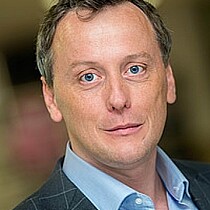
Marius van Dijke is professor of behavioral ethics at Rotterdam School of Management (RSM), Erasmus University. His research is concerned with behavioral ethics and leadership of high integrity. Examples of issues he examines in his research include when power stimulates moral and immoral behavior, why people so deeply value social justice, and what the role is of intuitive and controlled processes in moral judgment and behavior. These issues have important implications both for theory and practice, supplying tools that stimulate employees and managers to function both productively and ethically. He has published widely on these topics in Management and Psychology journals, for instance in Organizational Behavior and Human Decision Processes, Journal of Management, Journal of Applied Psychology, Leadership Quarterly, and Journal of Experimental Social Psychology. Marius served as Director of Doctoral Education of the Erasmus Research Institute of Management from 2015 until 2018 and as Head of the Department of Business-Society Management from 2020 until 2025.
Climate change, energy transition and the move towards a more circular economy by Koen Dittrich

Sustainability needs to be integrated into the investment decision-making process, alongside or even ahead of the traditional focus on financial returns. By Dirk Schoenmaker
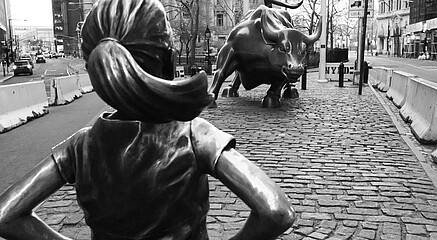
A better governance and communications structure will improve our chances of handling the next crisis better, whatever that may be by Rob van Tulder
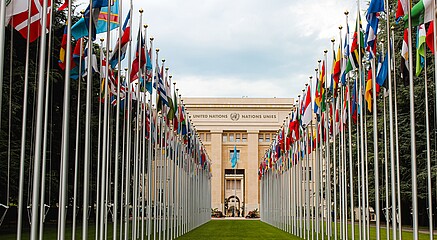
Firms need to wake-up to the interconnectivity of the grand challenges we face in the world, and realise opportunities to build synergistic solutions tackling root causes and building resilience. By Steve Kennedy

COVID-19 presents a once in a lifetime opportunity for sustainability improvement by Frank Wijen

Virus test shortages, health equipment shortages, even toilet paper shortages – all have served as a reminder that we are not nearly as secure as we like to think. By Tine de Moor
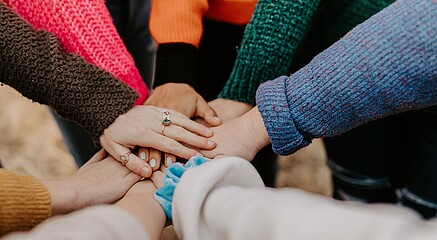
Leveraging corporate resources for bold and transformative social impact by Lonneke Roza & Karoline Heitmann
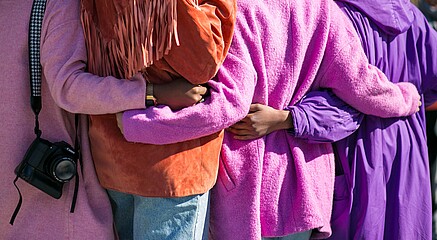
A fresh definition of success is being written, one where the gold standard is sound ethical practice. By Muel Kaptein
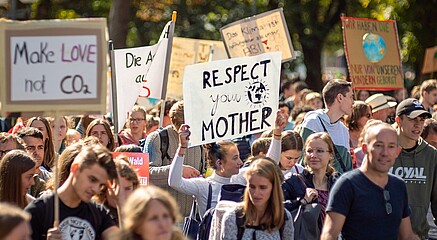
Why some managers treat employees fairly while others don’t. By Marius van Dijke

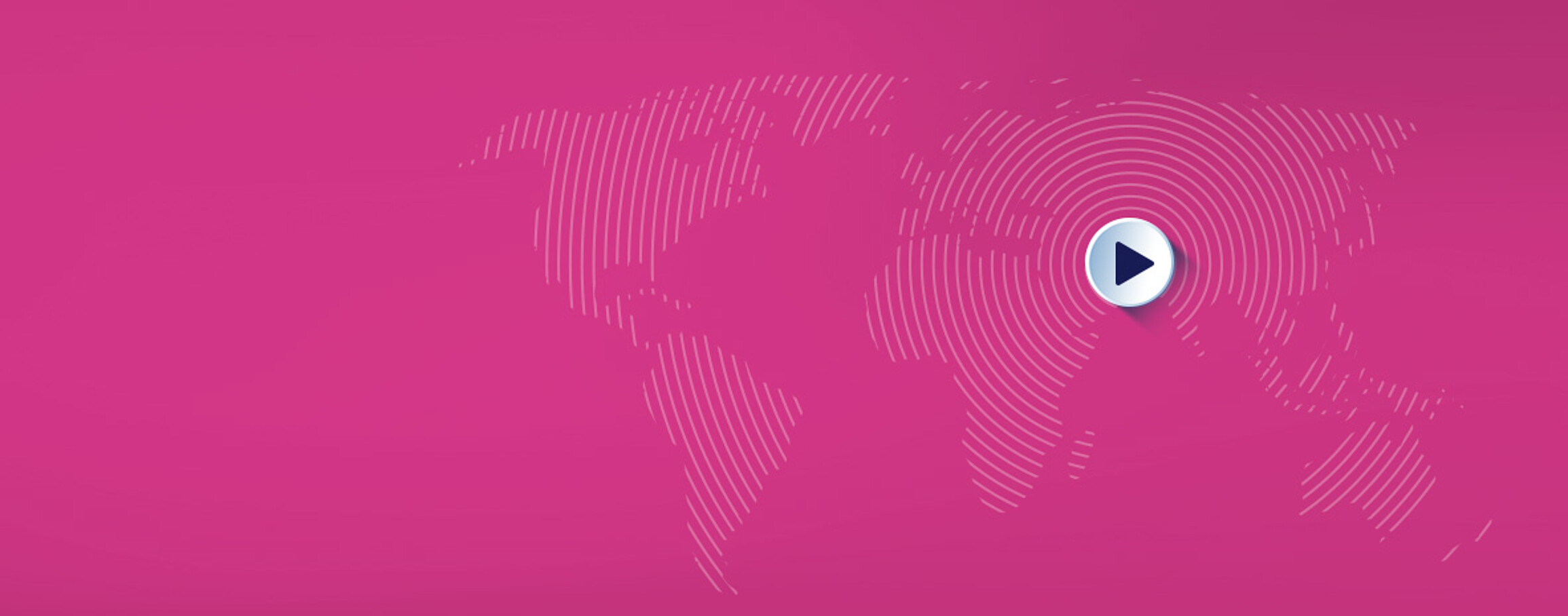
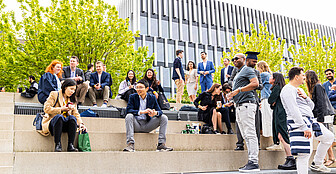
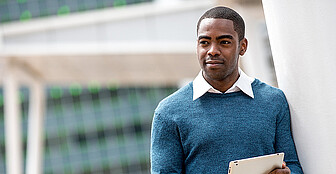
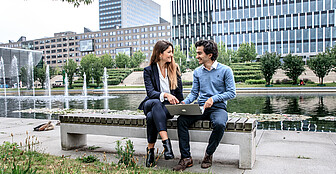
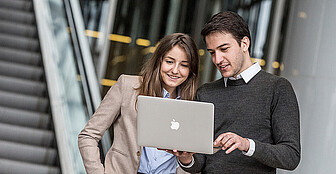
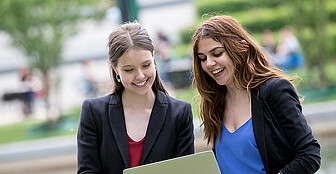
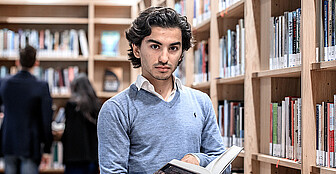
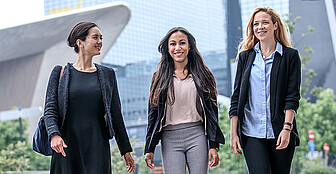


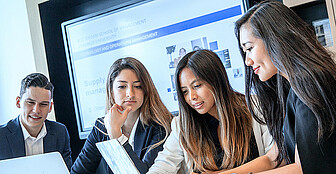
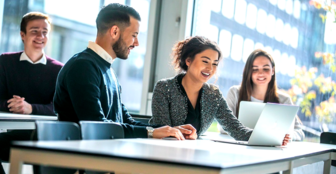
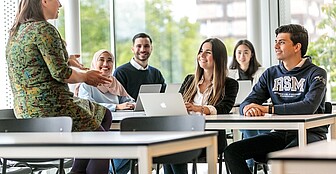
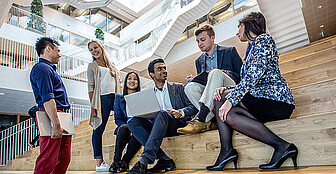
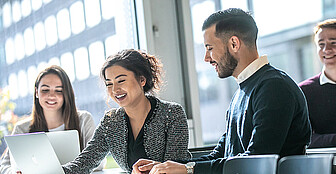
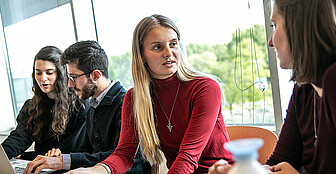
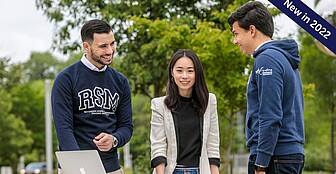

Rotterdam School of Management, Erasmus University (RSM) is one of Europe’s top-ranked business schools. RSM provides ground-breaking research and education furthering excellence in all aspects of management and is based in the international port city of Rotterdam – a vital nexus of business, logistics and trade. RSM’s primary focus is on developing business leaders with international careers who can become a force for positive change by carrying their innovative mindset into a sustainable future. Our first-class range of bachelor, master, MBA, PhD and executive programmes encourage them to become to become critical, creative, caring and collaborative thinkers and doers.
